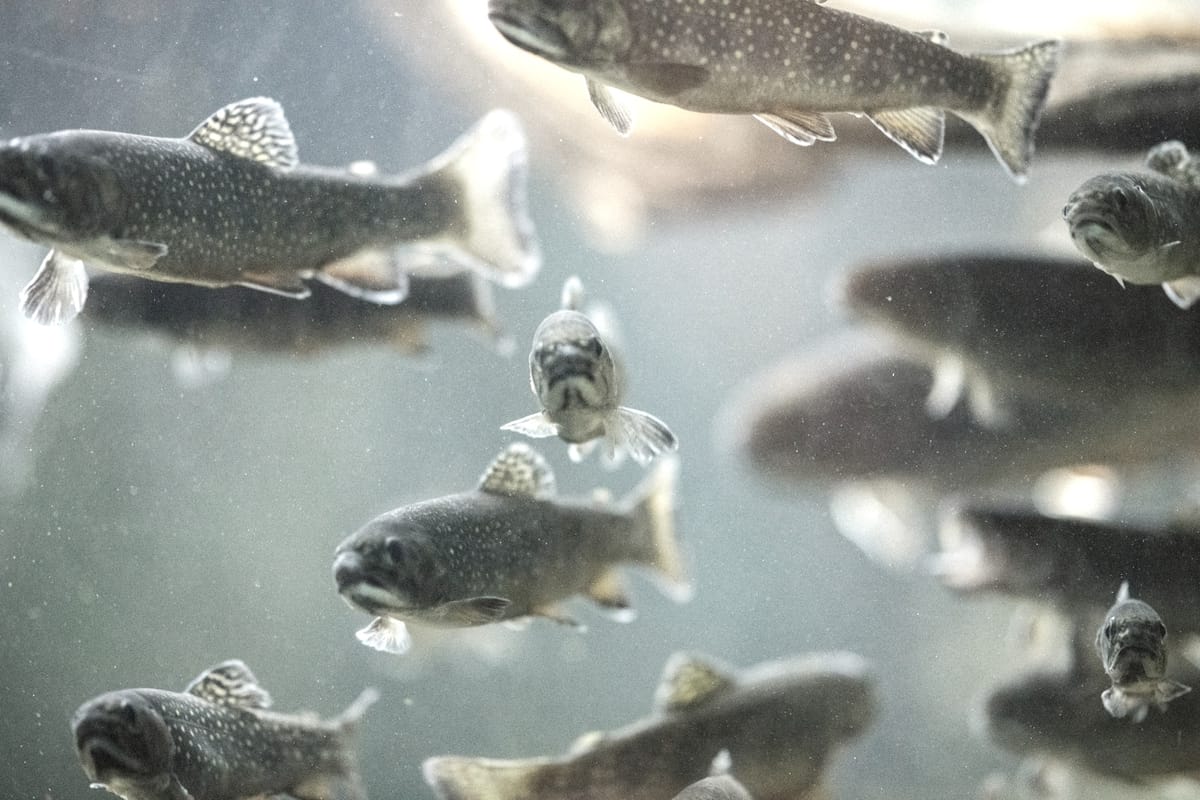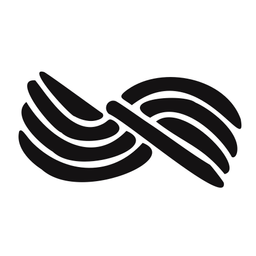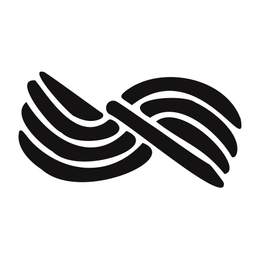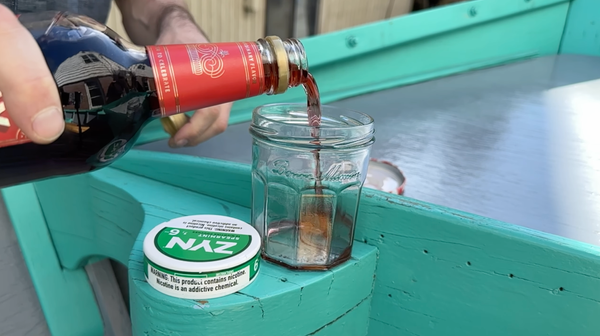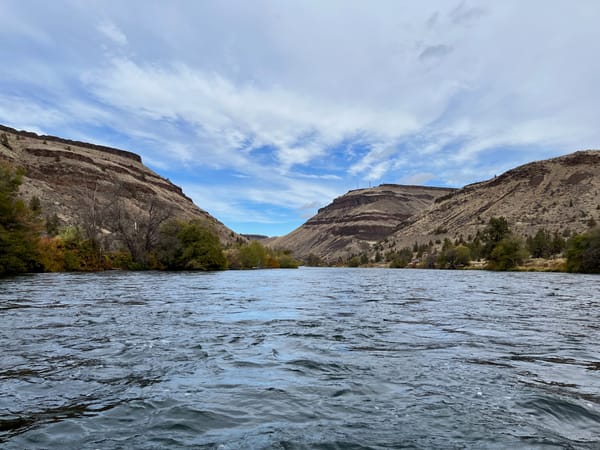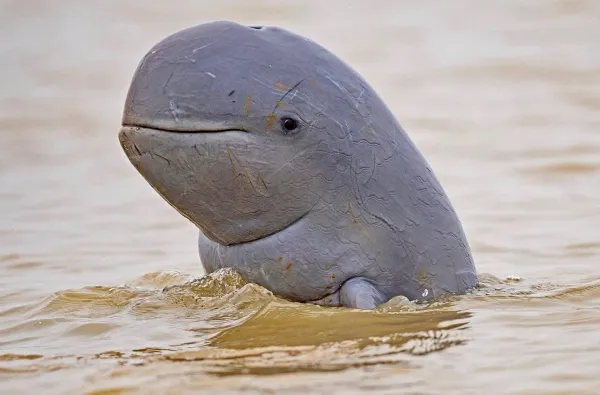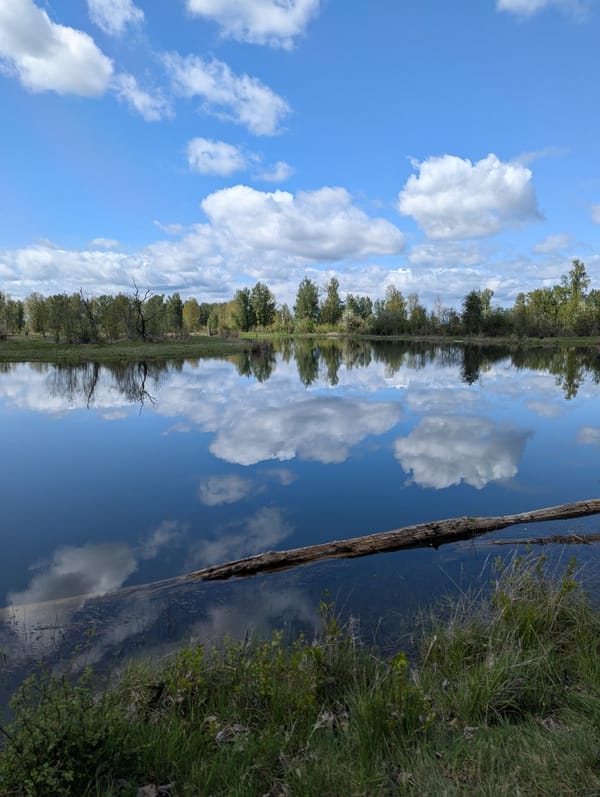Five reasons to start fly fishing
Nobody fly fishes because it’s easy. So why do they do it? Here are five reasons why I fly fish, along with two anti-reasons.
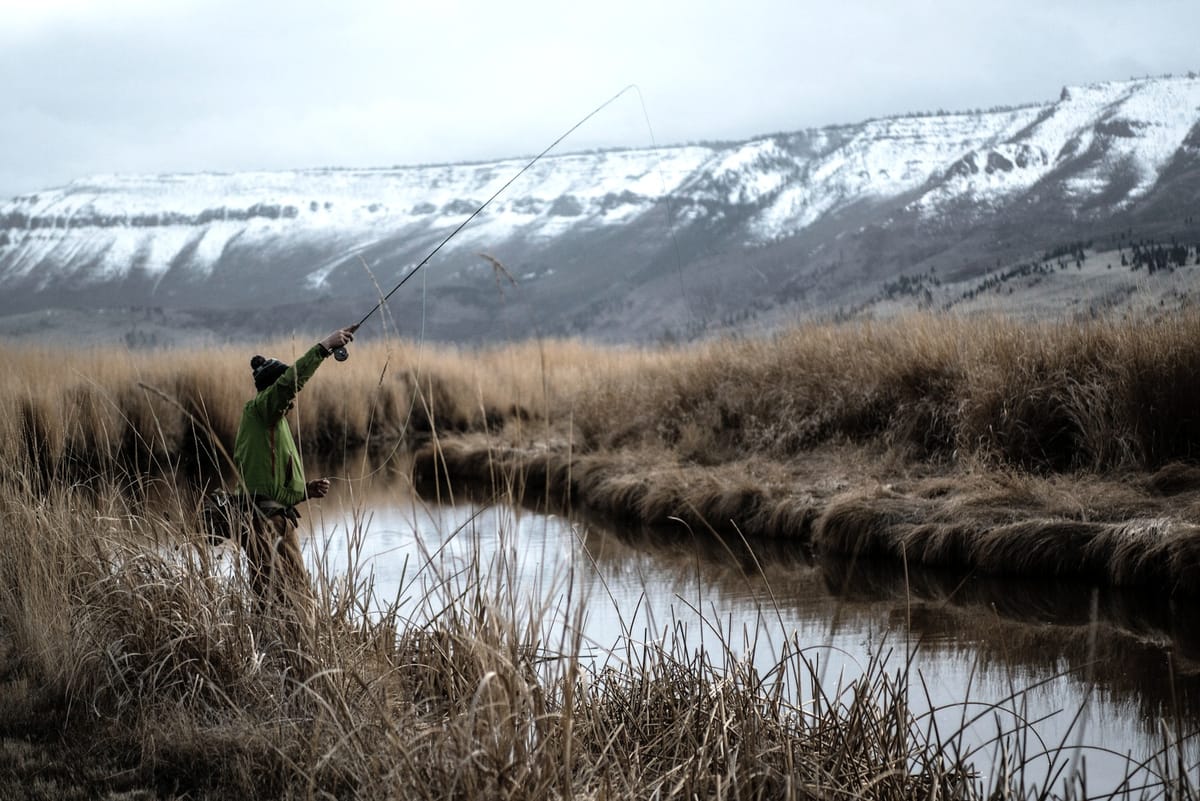
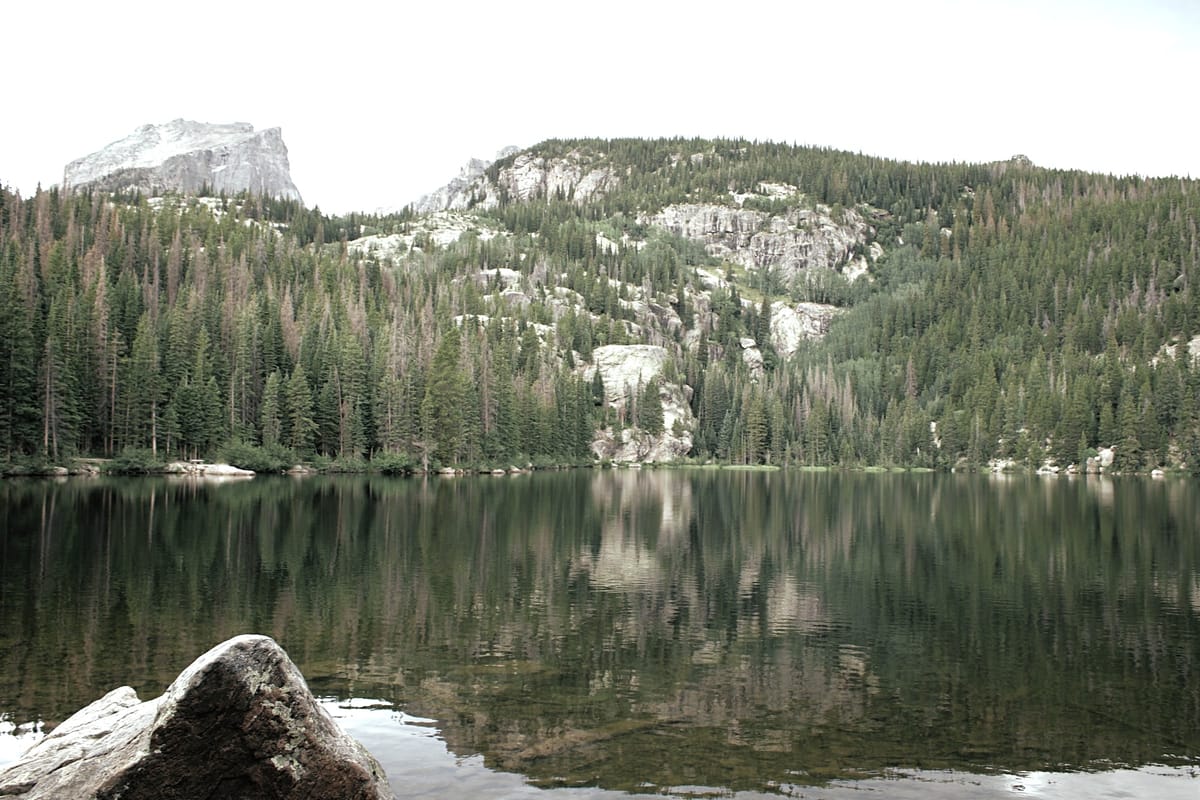
This article is part of the Mindset pillar of Current Flow State's
Learning fly fishing library. To support this work and read more from Mindset, or any of the six pillars, consider becoming a member.
Let's get the (perhaps) obvious out of the way: Fly fishing is harder than pretty much every other type of fishing.
OK, maybe tickling fish, or noodling (catching them by hand) is harder. (You'll have to ask this old-timer in Alabama, I have no experience with that)
But to fly fish, first off you'll need to understand the entire host of arcane specifications surrounding lines and leaders and matching fly sizes up to balance your setup.
Then, you'll have to understand how to cast it all effectively. A decent cast will help avoid wind knots and tangles. It'll let you approach the fish in a way that's not going to spook them.
To say nothing of managing your fly when it's on the water. For a dry fly, you'll need to cast and mend to avoid drag. For a nymph, you want to avoid drag through subsurface currents. To swing a wet fly, you'll use line tension to create drag, where in other methods you want to avoid it.
And this is leaving off the actual setting of the hook, and the playing and landing of the fish.
The gift of a challenge
The technical aspects of fly fishing are challenging.
But fly fishing's steep technical learning curve is a gift.
It allows us to consider the other, adjacent benefits for participation while we gain experience with the basics.
Fly fishing's steep technical learning curve is a gift. It allows us to consider its adjacent benefits while we gain experience with the basics.
I fly fish for a lot of different reasons. Here are a few of the most powerful.
I fish to experience:
There's also stuff I've found I'm not as interested in, or aspects of the sport that don't appeal to me.
I don't fish for:
So let's dig into these, one by one.
Observation
Like many, I spend a lot of my life in front of a computer. It’s not always pleasant. When I think about hobbies, stepping away from a screen is a big deal.
Fly fishing has helped me see the value in siting and settling and just watching things. Keeping an eye out. This is a major part of the Technique pillar, but the first rule of conscious fly fishing is don't fish.
It’s taken me a long time to figure out you need to move as slowly as you can to immerse yourself in the environment. To see what you can see. And try to see what fish see.
You'll see many kinds of creatures. As your eyes (and mind) start to develop an understanding of the layers of the aquatic environment, and adjust to the stillness, you'll see all sorts of new things. Bugs hatching. Swallows eating bugs. Osprey circling. Otters swimming. And that will all tell you about how you can fish and how you should approach that specific fishing place.
You'll see water. Fat water. Skinny water. White water. Nervous water. Transition water. All the different types of water where fish might hang out.
And once you can see the place, you can start to see like a fish, thinking about where the fish might be if they’re not rising, and how to present the fly to them. As you get even more skilled, and thinking about where fish might be, it'll become even easier to see the actual fish, despite their camouflage. This is the ultimate goal.
Your brain will start to acclimatize to all these inputs, and you'll be able to see without looking. Absorbing these inputs will become second nature.
One of the best articulations of this is in rowing a drift boat or raft. When I’m rowing, and say, a buddy is in the angler’s seat, I’m not directly fishing. But I’m planning the right course down the river, avoiding rocks, positioning the angler in the best possible place, and watching for all the other stuff at the same time. This can be a lot to manage, but you get into the flow.
And the flow is what it's all about.
Concentration
Observation, initially, requires concentration.
I gravitate towards sports and hobbies where there's an essential element of deep concentration. Concentration is essential in fly fishing. You need to concentrate so much that things almost snap to a state of un-concentration.
You need to put a lot of energy on focusing on that little teeny tiny fly, smaller than a dime, black piece of thread and feather that's floating down a very rough river 40 feet from you, to make sure you can set the hook when it gets lightly sipped by a big trout.
That level of concentration for me tends to block out everything else in my mind. It gives me tunnel-vision around what's happening right there and then. Everything else ceases to exist. I can just be present in the activity, no more, no less.
Combine that with being hip-deep in cold, rushing water and the embryonic, primal sounds of a river. It's a very meditative experience. I would imagine it's similar to a sensory deprivation tank, only the inputs you're getting, instead of non-existent, are 100% natural.
Isolation
Going back to computers being ever-present, it's great that most places where I go fly fishing I can't be reached.
I don’t get service on the places I prefer to fish. I file a flight plan, which contains info on where and when I'm going to be,. If you don't hear from me, here's who you should call.
But once I'm gone, I don't worry about looking at my phone and anything it contains.
I’m truly off the clock, and able to navigate not by calendar or schedule but intuitively.
Somewhere between the acts of concentration and isolation the world and its stuff—and all my internal stuff—just goes away.
Exploration
At this point, I can start to feel like I'm a child again. I grew up scouring the local ponds and creeks, ranging as far as I could to try and find interesting new things. I feed that instinct with fly fishing.
There's a sub-practice of fly fishing called blue-lining. Blue-lining is basically just getting out your map and looking for the little blue lines that are in there and saying, "I don't know what's up there, let's go check it out."
This intuitive navigation means poking into places that seem interesting, taking my time. Driving up that spur road. I can't tell you how many times while stopped at a crossroads the phrase "Let's check it out" has unlocked hours of fun, or new favorite fishing spots.
There’s lots to look for here in Oregon, too. We're lucky to have more than 100,000 miles of rivers and streams, 360 miles of coastline, and more than 1,400 named lakes at our disposal.
We have the third-most rivers in the country protected by the Wild and Scenic Rivers Act, after Alaska and California. The act establishes all sorts of protections for rivers, including from being dammed, so they can stay free-flowing, which is better for fish. Here in Oregon we have over 1,900 miles of 59 rivers protected under the Wild and Scenic Rivers Act.
If you're interested in just getting out and finding new places and seeing things you've never seen before, you could fish here in Oregon every day for the rest of your life and fish in a new place every time and catch fish in most of those places.
Some anglers aren’t crazy about exploring. They go to your old favorite spot know exactly how to catch fish there. If they go to a new place, it might take a while to figure it out. They might get skunked. That doesn’t bother me. The newness, the exploration, is what counts.
Connection
I've been describing disconnection, a pushing away. Fly fishing for me offers a retreat from lots of sociocultural norms.
But there's also an element of connection. Not necessarily a connection to the land, or Mother Nature, or the spirit of the wild, though that happens. I like connecting with my fellow anglers. Sharing stories, learning about new places, hearing their triumphs and heartaches.
Connection and Exploration are joined because they both offer a chance at new life, renewal, all the things that go along with newness.
Connection can be to a friend, or a club, as much as it's to a space or a place. It's a feeling of shared responsibility. A sense of duty and obligation. It manifests in conservation efforts, and trying to pass along the gifts you've been given. (Hey, like we're doing here!)
It's one thing to connect to the main source, and have the power of fly fishing coursing through your being. But to me, that voltage increases when I can touch another, and feel it passing through me into them.
Could fly fishing help you connect to a place? How connected are you with your home waters? Take The Big Here Quiz and find out.
There are a couple things I’m not trying to achieve.
I call these the anti-reasons. I'm not against any of these on their own. I know they form a big part of why people experience hunting and fishing, and general outdoor sports, but they're just not for me.
I don't fly fish for:
- Sustenance
- Dominance
Dominance
I don't care to test myself in an endurance contest. I'm not out here trying to dominate the wilderness. It’s a classic trope: going out there and doing your thing and subjugating nature, the conquering primal caveman, proving they are better than nature.
It’s probably clear from the other items that preceded. I’m not motivated by, as Tom McGuane once wrote (ironically), to rip lips and stack ‘em high. That’s just not how I roll. My goal is not to “be the alpha” or whatever other cliché you want to incorporate.
Partly, that’s a matter of self-preservation. The flip side of our many wild and scenic places here in Oregon is that they can contain danger and risk. So rather than dominate, I always try to approach water respectfully. I have a plan. I let others know about it. I row and wade carefully. I carry a wading stick. I watch out for snakes.
Sustenance
I'm not out there trying to catch dinner. Nine times out of ten, I'm a catch-and-release guy. That's not judging. It’s a self-serving motivation.
Game fish are too valuable to be caught only once. - Lee Wulff
I put fish back so I can catch them again. And there are many fish that do get caught again and again and again. As long as they're handled properly and treated respectfully, they can go back to getting about their business.
I also eat fish. So when I do occasionally go gear fishing, like for the salmon runs in the Willamette, or in the ocean, I will usually keep fish if we get into them.
It's also fun to keep a stocked trout or two when I'm camping with my kid and our family. It's important for them to understand where these things come from, and how they get to our table.
What are your reasons?
So those are some of the reasons I love fly fishing. They'll likely change and evolve as I get older, wiser, or more set in my ways. But I'm sure I'll always inhabit some parts of them.
Your reasons for fishing are going to be different, and that’s OK.
Maybe...
- ...you’re interested in connecting with culture and history.
- ...it’s about technical mastery, and how all the gear fits together
- ...you love solving the puzzle of fish
- ...you're pursuing the beautiful art of casting, or tying flies.
All of these are valid, no matter what the prevailing industry discourse / culture says. This is an individual pursuit and you're entitled to your own style.
Your reasons are your reasons. All that matters is they’re yours.
Why do you fly fish? Share in the comments!

Next in this series:
